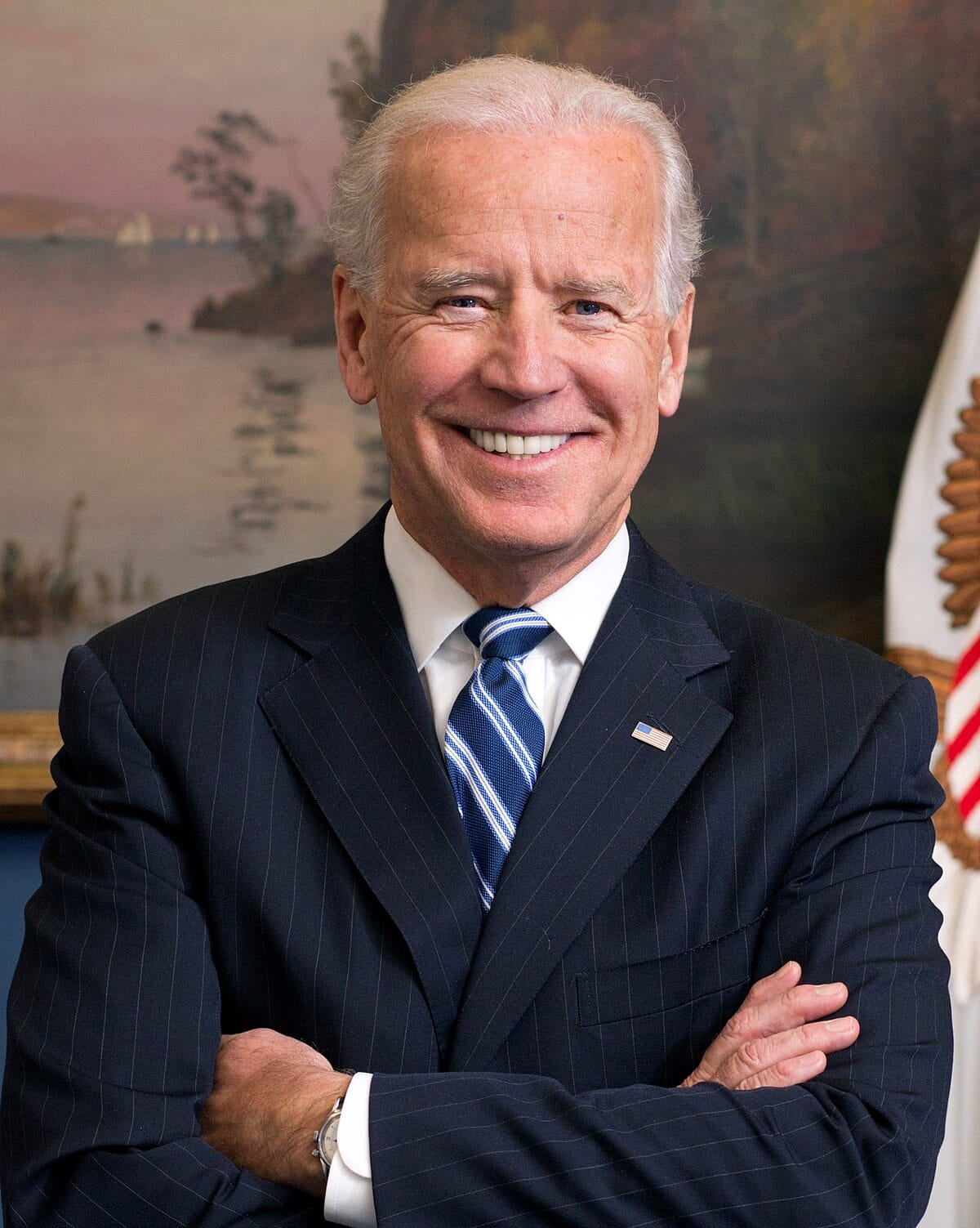Analyzing Democracy: Contrasting Perspectives between Malaysia and the US
Another lesson that the US can learn from Malaysia's democratic system is the emphasis on multiculturalism.

Democracy is a system of government that has been adopted by several countries around the world. It is a system where citizens have the power to choose their leaders and participate in decision-making processes. A democratic government is expected to uphold the rule of law, protect individual rights, and promote the common good. However, democracy is not a perfect system, and every country faces unique challenges in its quest to build a democratic society. In this regard, the United States can learn valuable lessons from Malaysia's democratic system.
Malaysia is a multicultural country in Southeast Asia that has made significant strides in its democratic journey. The country has a unique approach to democracy that emphasizes consensus-building, multiculturalism, electoral integrity, and checks on executive authority. These approaches have positioned Malaysia as a noteworthy example of a thriving democracy that promotes inclusivity and mitigates polarization.

The United States, on the other hand, is a country that prides itself on being a pillar of democracy. However, recent events have highlighted the challenges facing the US democratic system. The country is grappling with issues such as political polarization, voter suppression, and a lack of trust in democratic institutions. To strengthen its democracy and foster inclusivity, the US can adopt some of the approaches used in Malaysia's democratic system.
Learning from Malaysia?

One of the key lessons that the US can learn from Malaysia's democratic system is the emphasis on consensus-building. In Malaysia, the government prioritizes building consensus among different ethnic and religious groups. This approach has been instrumental in promoting social cohesion and mitigating tensions between different communities. In contrast, the US has a winner-takes-all political system that often leads to divisiveness and polarization.
To address this challenge, the US can adopt a more collaborative approach to policymaking. This could involve engaging different stakeholders, including civil society organizations, in the decision-making process. By involving diverse perspectives, the US can build consensus around policies that promote the common good and address the needs of all citizens.
Another lesson that the US can learn from Malaysia's democratic system is the emphasis on multiculturalism. Malaysia is a diverse country with multiple ethnic and religious groups. The government has implemented policies that promote cultural diversity and protect the rights of minority groups. For instance, Malaysia has a system of affirmative action that prioritizes the needs of disadvantaged groups.
In the US, there is a need to address issues of systemic racism and discrimination. The country has a history of marginalizing minority groups, including African Americans, Native Americans, and immigrants. Adopting Malaysia's approach to multiculturalism could help the US address these challenges and promote inclusivity. The US could implement policies that prioritize the needs of disadvantaged groups and promote diversity in all spheres of society.
Democracy and Electoral Integrity

Electoral integrity is another area where the US can learn from Malaysia's democratic system. Malaysia has implemented measures to ensure that its electoral process is free and fair. For instance, the country has an independent election commission that oversees the electoral process and ensures that it is transparent and impartial. Additionally, Malaysia has implemented measures to prevent voter fraud and protect the integrity of the electoral process.
In the US, there have been concerns about voter suppression and the integrity of the electoral process. Adopting Malaysia's approach to electoral integrity could help the US address these challenges and promote trust in democratic institutions. The US could implement measures such as automatic voter registration, mail-in voting, and independent oversight of the electoral process.
Finally, the US can learn from Malaysia's approach to checks on executive authority. Malaysia has a system of checks and balances that ensures that the executive branch of government does not overreach its power. For instance, the country has an independent judiciary that can strike down laws that are unconstitutional. Additionally, Malaysia has a bicameral legislature that provides a system of checks and balances.
Conclusion
In the US, there have been concerns about the concentration of power in the executive branch of government. Adopting Malaysia's approach to checks on executive authority could help the US address this challenge and ensure that power is distributed in a way that promotes accountability and transparency.
The United States can learn valuable lessons from Malaysia's democratic system. The emphasis on consensus-building, multiculturalism, electoral integrity, and checks on executive authority positions Malaysia as a noteworthy example of a thriving democracy. By adopting these approaches, the US can strengthen its democracy, foster inclusivity, and mitigate polarization.
Openness to learning from other democratic models is vital for the collective growth and progress of all nations. By dropping egos and embracing critical perspectives, the US can champion democratic values while addressing the challenges it currently faces.

